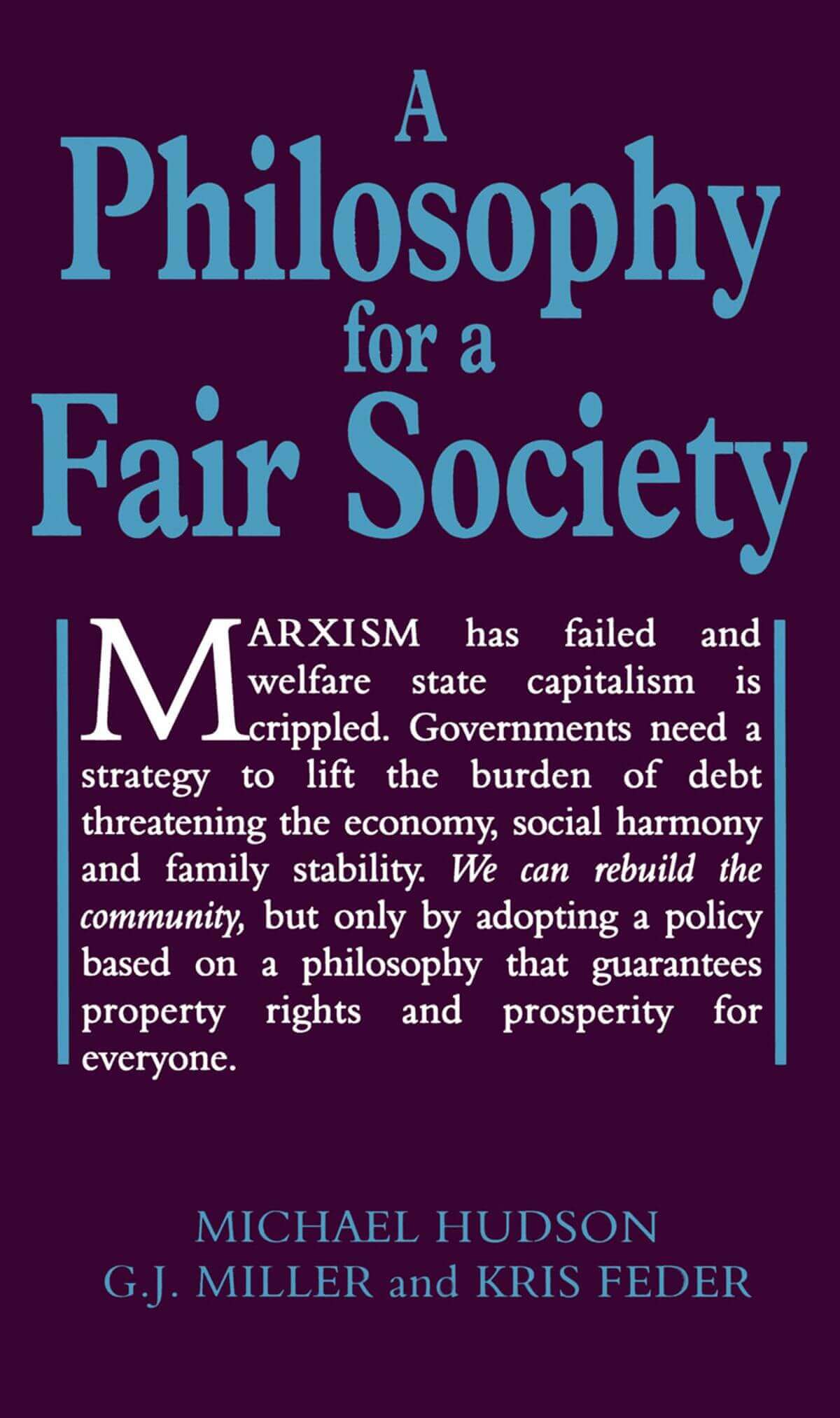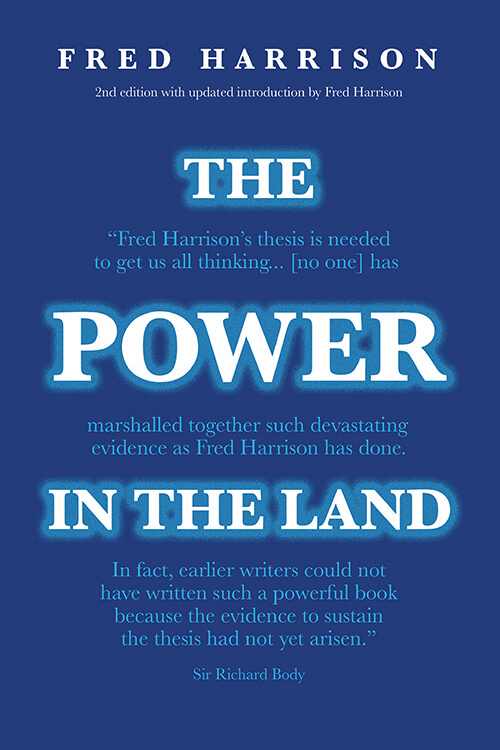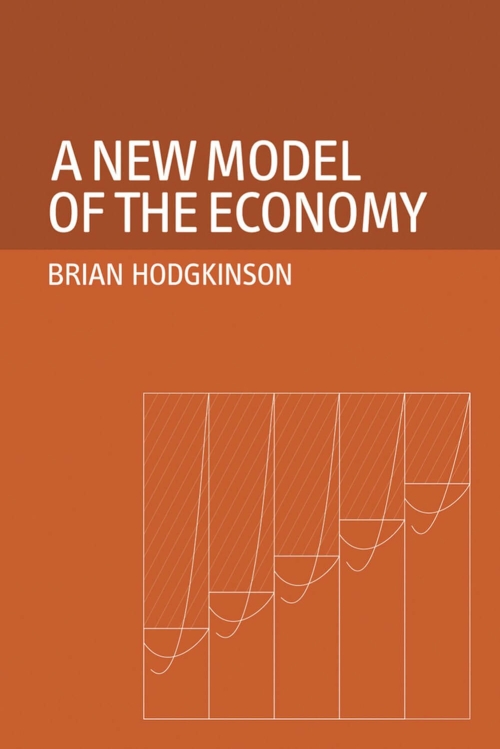Description
Despite the Welfare State and the redistribution of income through the tax system, the gap between the rich and poor continues to grow both within and between nations. The authors offer a different approach and argue that governments will fail unless they shake off the economic orthodoxy which is now one of the problems rather than the means to a solution.
Searching for a system of fair distribution of wealth, social justice and good health for all has been a quest for politicians, economists, social reformers and academicians for centuries. Something must be done, but, explain the authors, governments will fail again unless they shake off the economic orthodoxy which is now one of the problems rather than the means to a solution. The authors have combined their different disciplines to investigate the roots of the problems which over the ages have kept ‘a philosophy for a fair society’ at arms length.
Dr Michael Hudson draws on archaeology and history, from Bronze-Age Mesopotamia through Rome to Byzantium, to show how a destructive virus crept into the body politic. This led to a breakdown in man’s relationship to the environment, and divided society into a wealthy ruling oligarchy and an impoverished majority. The Welfare State seeks to remedy this man-made injustice, but, despite the escalating cost to taxpayers, it has failed to stop the widening gap between rich and poor.
Drawing on medical evidence, Dr George Miller demonstrates that not only have the poorest grown poorer relatively, but their health has suffered disproportionately, so that people born into the lowest classes still have a greater chance of dying before they can enjoy their pensions.
A century ago, Henry George, in his world-famous Progress and Poverty, asked why there still was poverty, when the Industrial Revolution had made it possible to manufacture in a day what had taken weeks or months previously. Dr Kris Feder shows how the Georgist paradigm provides an ideal way of tackling the many ills besetting the industrialized and third worlds. It is recommended by three Nobel prize-winning economists as the way forward for Russia. Dr Feder clears away misrepresentations of George’s thesis, and explains how it would not only lead to a fairer distribution of wealth, but would also simplify the tax system.
______________________________________________
Author Details
Dr Michael Hudson is the author of a large number of other books. He is Visiting Scholar, Institute of Fine Arts, New York University and an economic adviser to US, Canadian and Mexican government agencies and to the UN Institute for Training and Research. Visit his website here.
Dr George Miller, a fellow of the Royal College of Physicians, is a senior clinical scientist with the Medical Research Council’s Epidemiology and Medical Care Unit in London. He is an International expert in diseases of the heart.
Dr Kris Feder received her doctorate from Temple University and was appointed Assistant Professor at Bard College, New York in 1991. She specialises in public finance and the history of economic thought.
Fred Harrison is Research Director of Land Research Trust, London. After a career as a Fleet Street investigative journalist, he was a consultant to a number of Russian academic and political bodies, including the Duma (parliament), in their efforts to implement a more equitable transition to a market economy. Recently he has turned his attention to the failure of economic analysis and public policies in the market economies. Visit his website here.
Read more on Fred’s author page.
Visit Fred’s Blog.
View Fred’s YouTube channel – Geophilos.
______________________________________________
Reviews
“A Philosophy for a Fair Society is a collection of four articles regarding Georgist economics. Henry George was a nineteenth century economist who suggested that economic inequality has its basis in the way society allows for the ownership of land. His solution to economic inequality was a program of land taxation which would remedy the oftentimes monopolistic advantages of the rentier class… Hudson’s work in this area has important implications for our understanding of world history and for economic theory.”
From a 5* Amazon.com review – Read full review here.









